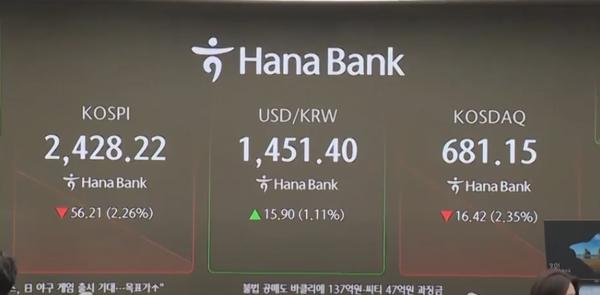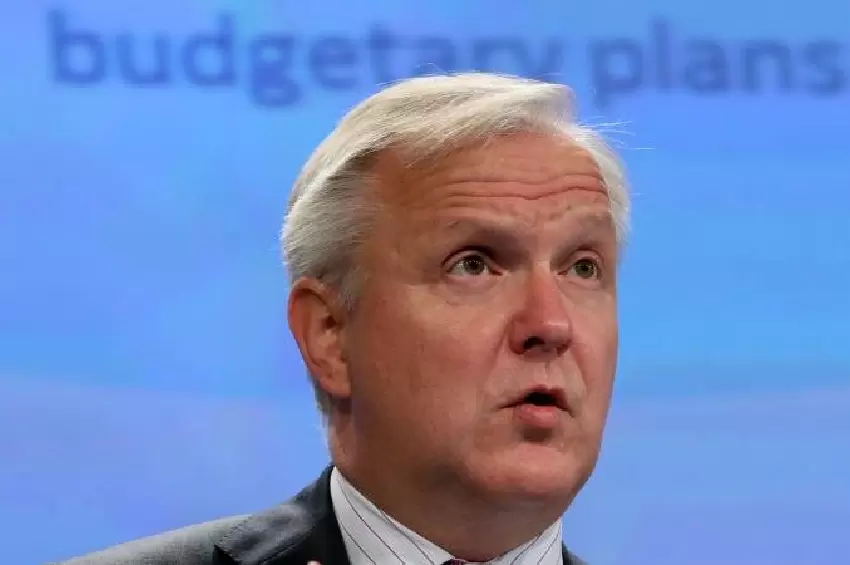Emergency Meeting Held to Assess Impact of U.S. Federal Reserve's Rate Cut
Deputy Prime Minister and Minister of Economy and Finance Choi Sang-mok convened an urgent macroeconomic and financial meeting on December 19 to evaluate the repercussions of the U.S. Federal Open Market Committee's decision to lower the benchmark interest rate by 0.25 percentage points on December 18 (local time).
The meeting, held at the Korea Federation of Banks building in Jung-gu, Seoul, included Bank of Korea Governor Rhee Chang-yong, Financial Services Commission Chairman Kim Byung-hwan, and Financial Supervisory Service Governor Lee Bok-hyun.
Choi emphasized, "Despite the U.S. Federal Reserve's three consecutive rate cuts, it has reduced its forecast for next year's rate path from the existing 100 basis points (1bp = 0.01%) to a 50bp cut, suggesting the possibility of adjusting the pace of monetary policy easing." He added, "Early this morning, the global financial market interpreted the results of this meeting as tightening, leading to a significant rise in US Treasury yields and the value of the dollar."

Choi further noted, "Amid significant depreciation of major global currencies, our financial and foreign exchange markets are also expected to see increased volatility in the short term." As a result, the government has decided to postpone the introduction of the stress buffer capital regulation for banks, initially planned for this year.
Choi continued, "However, excessive one-sided movements can lead to significant counter-reactions in the opposite direction in the future. It is a time when calm responses from market participants are needed. The government and the Bank of Korea will maintain a high level of vigilance."
Additionally, Choi announced that next year's economic policy direction, to be announced within this year, will include measures to improve foreign exchange supply and demand, measures to activate foreign exchange trading during extended hours, and measures to improve trading infrastructure related to the World Government Bond Index (WGBI).
Choi also stated, "We will defer the introduction of the stress buffer capital regulation to strengthen the financial capacity of financial companies and prepare measures to alleviate the financial burden on small business owners through cooperation with the banking sector, as well as support measures for low-income finance, thereby striving for financial market stability and support for vulnerable groups." The stress buffer capital regulation refers to a regulation that imposes an additional capital reserve obligation of 0-2.5% based on the results of stress tests for each bank.









Comments